CBD oil: Skin soother, acne treatment, anti-ageing, rosacea, anti-oxidant, pain reliever, anti-inflammatory, stress reducer, mood booster, anxiety addresser, sleep aid… I literally can’t think of a beauty ingredient that has worked so hard in a long time.
Not even coconut oil or retinol, whose benefits have been restricted to topical uses. Unlike CBD oil, which comes as everything from edible gummies and tinctures to skincare salves and facial oils.
No wonder this buzzy ingredient shows no signs of slowing down its trajectory of taking over the beauty and wellness industries. An increasing number of brands are putting it front and center on their bottles and CBD sales are sales are estimated to touch $22 billion by the end of 2022.
Which is an ironic turnaround from the ’60s, when cannabis (or weed, pot, grass, dope, reefer, ganja and hash in street parlance) was hidden away in smoky corners and dank corridors. A dark secret rather than a pretty bottle shouting from the billboards.
But what exactly is CBD oil ? What are the benefits of CBD? Is it safe? Will it get you high? Is it legal? Is CBD skincare worth it? Should you even bother with bringing it into your routine?
First, why you should NOT get that CBD oil
I don’t say that because CBD doesn’t work. It does… phenomenally, when formulated properly. In fact, it’s been one of the few things that have helped both my skin and mental health during my tongue cancer journey.
However, while this ingredient may be a superstar, it’s definitely a case of buyer beware — whether it’s CBD skincare products or CBD for anxiety.
The CBD industry remains largely unregulated and there are way too many unscrupulous brands trying to take your dollars without concern for either safety or efficacy.
Too many brands (including major names) are using it in shady marketing, even though their products actually don’t even contain any CBD (yes — read that twice. And then once again!).
So, I feet it’s time to cut through the confusion, myths and false marketing to put out the things that nobody is telling you about CBD skincare products.
 So, what is CBD?
So, what is CBD?
CBD is the short form of cannabidiol – an oil derived from the cannabis plant. The most common cannabis plants are hemp (cannabis sativa) and marijuana (cannabis indica).
CBD is only one of the 109 compounds, collectively called cannabinoids, which are derived from cannabis plants.
However, CBD does not contain the element that cannabis is most (in)famous for: THC. Scientifically known as tetrahydrocannabinol, THC is the psychoactive compound that gets you high.
Any CBD preparation that contains more than 0.3% THC is illegal in the United States.
In the UK, this value stands at 0.2%.
These values are nowhere near enough to get you high. Sorry 😬.
The biggest lie about CBD…
Hemp oil is NOT the same thing as CBD oil.
Let’s do that once again: Hemp oil is NOT the same thing as CBD oil.
In fact, this is one of the biggest confusions surrounding CBD skincare products and their mental health counter-parts. And, unfortunately, several brands are taking advantage of the confusion to up-sell products that contain only hemp oil rather than CBD.
Some, in fact, are outright conning the consumers.
There is now even a name for this phenomenon: Industry insiders call it #weedwashing.
Don’t get me wrong: Hemp oil (also known as hemp seed oil and cannabis sativa oil) is a lovely moisturiser. It’s light, nourishing, packed with fatty acids and non-comedogenic. But that’s about all. Hemp oil doesn’t have the benefits of CBD and you can pick up a great bottle for a fraction of the price that one would pay for a true ‘CBD’ product.
The difference between hemp oil and CBD oil lies in both extraction processes and the part of the plant that’s being used.
Hemp oil comes from cold pressing the plant’s seeds. CBD oil, on the other hand, is extracted using supercritical [carbon dioxide] from the plant’s seeds, flowers and stalks. It’s a thicker, more viscous oil that has several medical and skincare benefits, like soothing inflamed skin, bringing down a blemish, repairing sun damage and calming anxiety.
How do you know that it’s actually CBD and not just hemp oil? Look for CBD, cannabidiol, whole plant hemp, hemp extract, cannabis sativa extract, phytocannabinoids or phytocannabidnoid rich (PCR) on the label.
Terms to avoid: Cannabis sativa oil, cannabis sativa seed oil, hemp seed oil and hemp seed extract.
How to identify a legit, high quality CBD product?
Not all CBD oils are created the same either. There are three kinds of formulations:
Full spectrum CBD: This is the most potent formulation. Sometimes also listed as “whole plant CBD”, full spectrum CBD this is where you get the whole plant, including certain other cannabinoids and 0.3% or less of THC. The presence of these other compounds creates an “entourage effect”, which helps the CBD work better. Think of it as taking turmeric with a pinch of pepper – the latter helps it absorb more easily into the body.
Broad spectrum CBD: Basically full spectrum CBD without the THC, this also has the entourage effect.
CBD Isolate: This is purely the cannabidiol extract. And in this case, ‘pure extract’ does not necessarily mean more potency, as it comes without the entourage effect. It’s also cheaper and more heavily processed. However, CBD Isolate does not have any fragrance or taste, which may make it better able to assimilate into a multi-ingredient formulation. For my money, though, I would stick to full spectrum CBD or broad spectrum CBD!
CBD: Topicals vs Ingestible
Does chewing a CBD-based chocolate have the same effect as applying a CBD skincare product?
In short: No.
Topicals are the way to go if you are looking to cool down a sunburn, heal acne, soothe the skin, bring down inflammation or treat aches, pains and cramps. That’s because CBD products work with skin receptors to bring quick relief to the area where you’ve applied the product.
CBD ingestibles, on the other hand, calm down anxiety and bringing about stress relief as they move into your bloodstream. Still, they won’t get you high!
What about CBD dosage?
Here, you will have to do some mathematics. But it’s not that difficult: Simply take a look at the label and compare how milligrams of CBD the bottle contains, vis-à-vis its total volume.
For instance, a 30ml bottle of tincture that contains 250 milligrams of CBD will give you a much stronger dose per drop than a 2-ounce body oil with the same amount.
Finally, is CBD legal?
It’s complicated, so I am going to try and put it as simply as possible:
-
- The 2018 Farm Bill removed hemp-derived cannabinoids from the Controlled Substances Act. So, hemp-derived CBD is legal in all 50 states.
- However, off-the-shelf marijuana-derived CBD is still illegal (as it contains much higher amounts of THC), except in the states where marijuana is legal both medically and recreationally. These are (at the time of publishing): Alaska, California, Colorado, District of Colombia, Maine, Massachusetts, Michigan, Nevada, Oregon, Vermont and Washington.
- Marijuana-derived CBD can be procured from pharmacies against proper medical authorisation in another 23 states. Most often, there are very strict rules for who can get approval.
These laws, however, are in a constant state of flux, so please check with your local council.
Shop the post!
Have you ever been #weedwashed by a CBD product? Let us know, so we can call them out
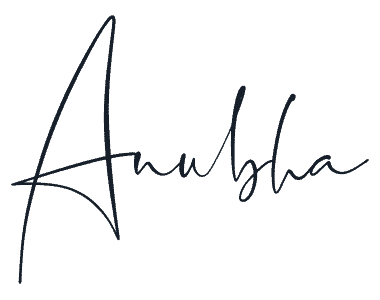
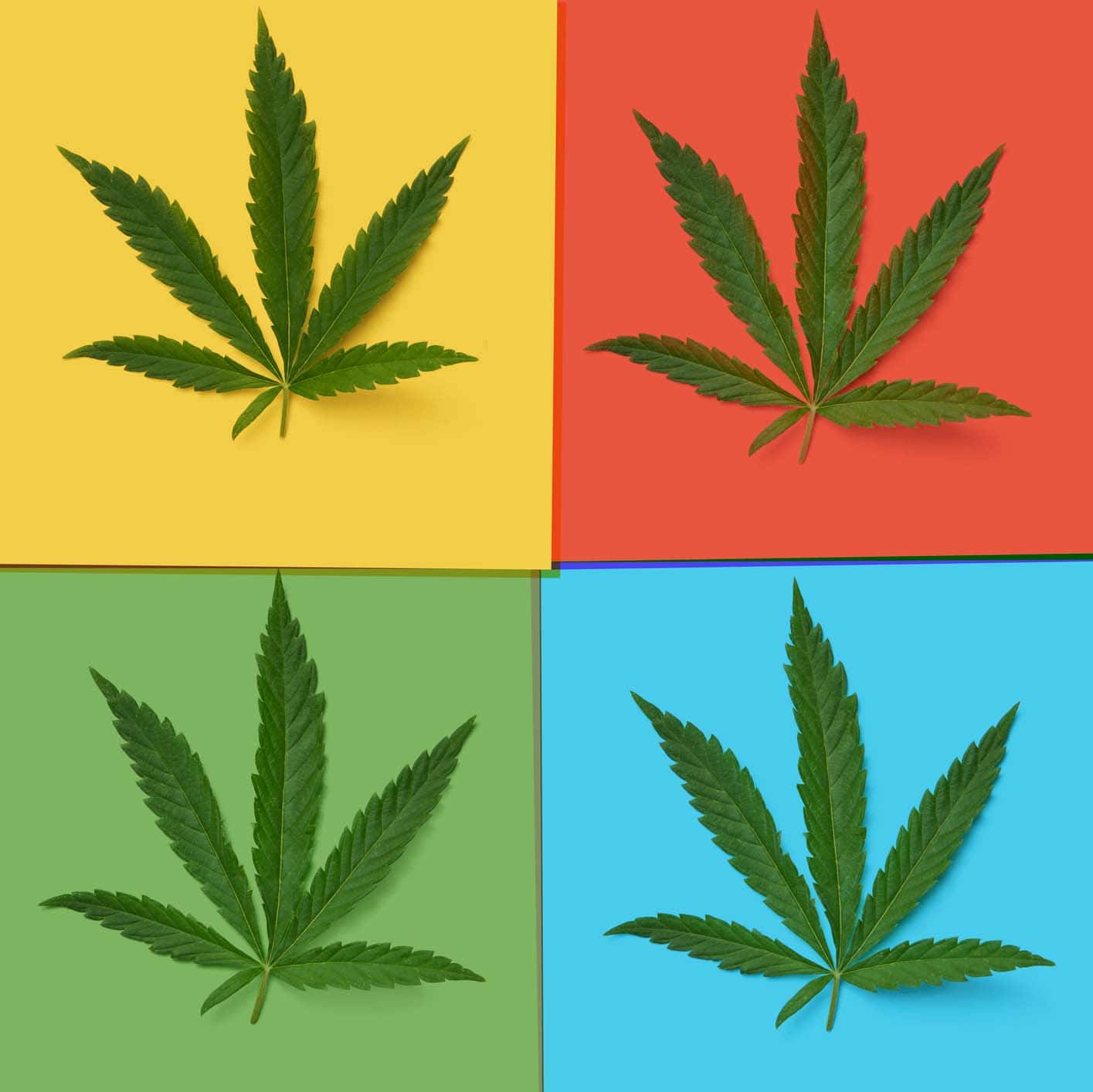 So, what is CBD?
So, what is CBD?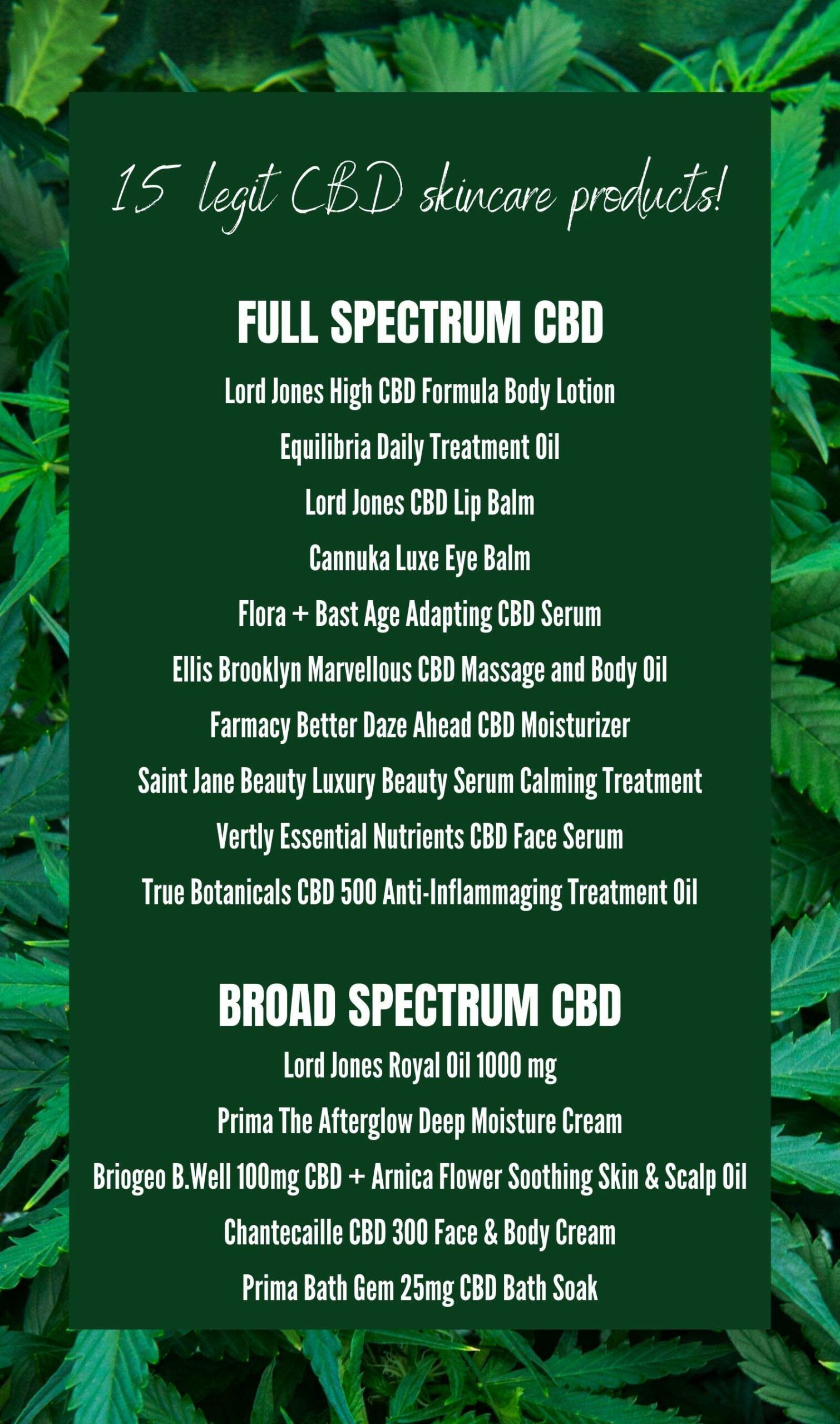

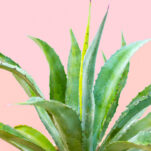
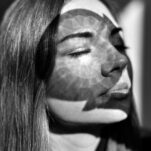

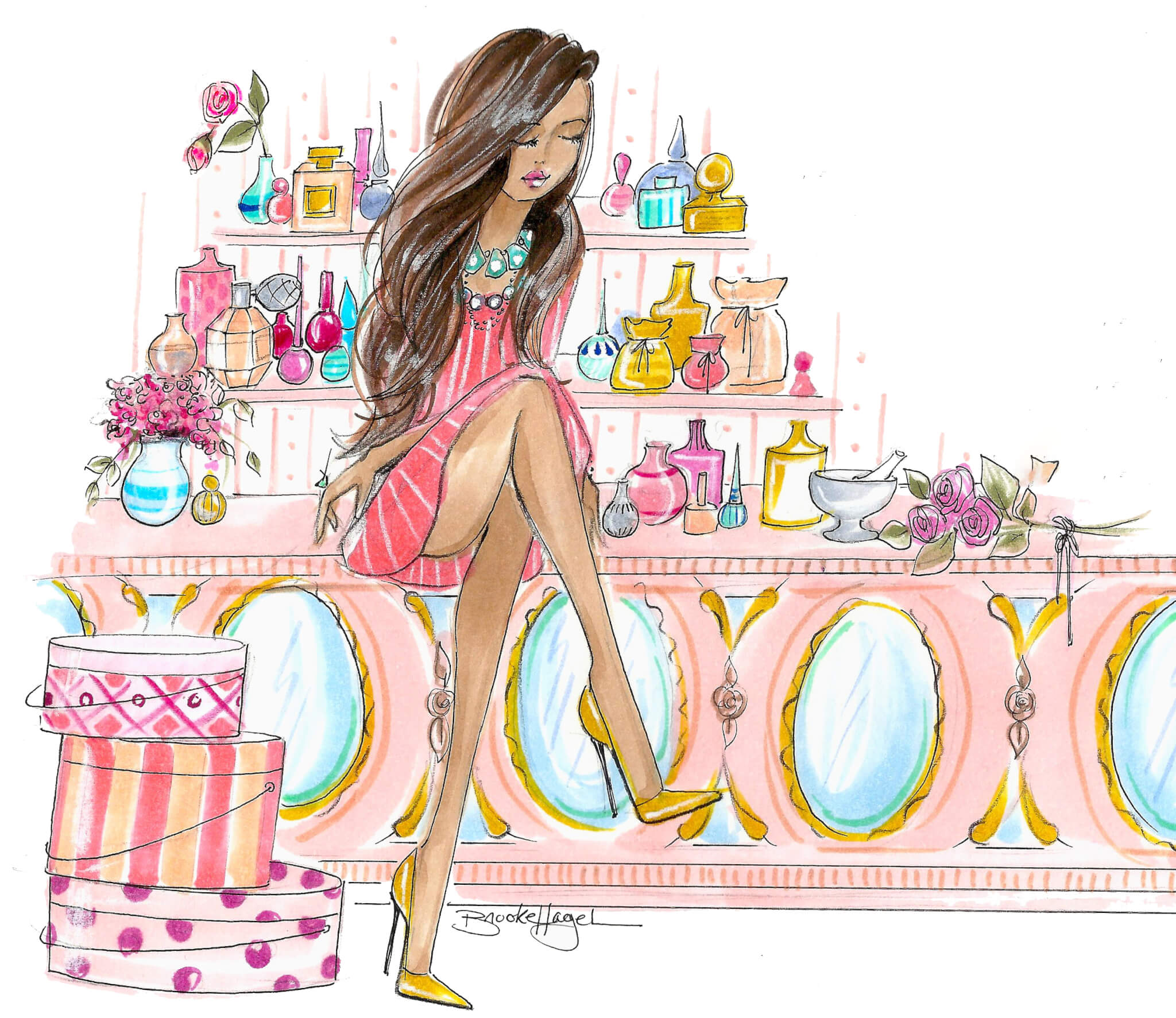
satish kalra says
nice article on cannabis
Luxury CBD Oils says
I have used CBD oil and it has been an amazing how it sort of brought a distinct difference to my life.
CBD Beauty Oil says
I have used CBD oil and it has been an amazing how it sort of brought a distinct difference to my life.
Joseph Martial says
I hope a lot of CBD users can read this article. This is a great guide to avoid the misuse of it.
Jane Doig says
I think CBD oil is such an incredible breakthrough in the beauty and wellness industries. It’s so versatile and has so many uses. I’m really impressed by all the research that has gone into this ingredient and the huge potential it has to transform the way we take care of our skin and overall health. Do you think the popularity of CBD oil will continue to grow?
Rocky says
Thanks for sharing valuable information.